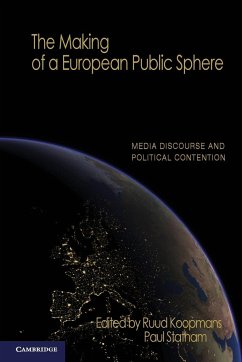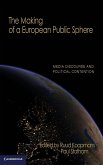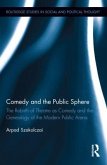This book investigates an important source of the European Union's recent legitimacy problems. It shows how European integration is debated in mass media, and how this affects democratic inclusiveness. Advancing integration implies a shift in power between governments, parliaments, and civil society. Behind debates over Europe's 'democratic deficit' is a deeper concern: whether democratic politics can perform effectively under conditions of Europeanization and globalization. This study is based on a wealth of unique data from seven European countries, combining newspaper content analyses, an innovative study of Internet communication structures, and hundreds of interviews with leading political and media representatives across Europe. It is by far the most far-reaching and empirically grounded study on the Europeanization of media discourse and political contention to date, and a must-read for anyone interested in how European integration changes democratic politics and why European integration has become increasingly contested. This book investigates an important source of the European Union's recent legitimacy problems. It shows how European integration is debated in the mass media, and how this affects democratic inclusiveness. It is the most far-reaching and empirically grounded study on the Europeanization of media discourse and political contention to date.
"A democratic European Union, engaging citizens not just technocratic elites, requires a vibrant European public sphere to strengthen integration and legitimacy. Koopmans and Statham lead a first-rate team of international scholars to assess how far such an arena had emerged by the 1990s. Comparing newspaper and online coverage of European affairs in seven nations, supplemented with journalist interviews, the study concludes that the EU is publicly visible today on the policy issues where the EU is most influential, such as the euro. Koopmans and Statham present a highly original and theoretically-rich study providing novel insights into processes of political communications and European Union policymaking."
-Pippa Norris, Harvard University
-Pippa Norris, Harvard University








